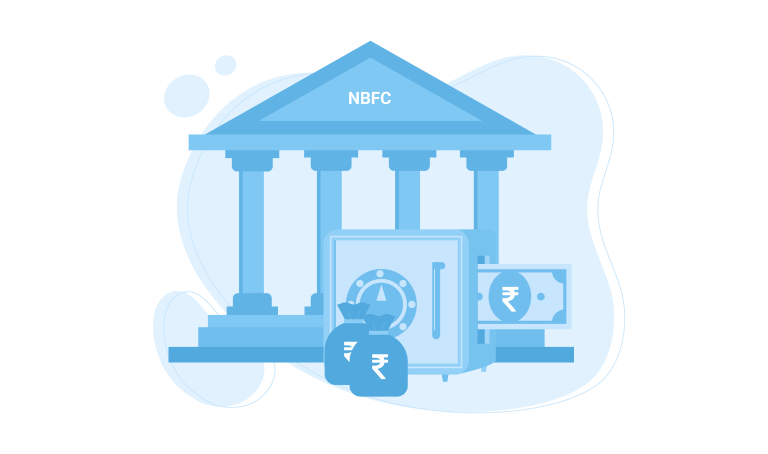An e-way bill is a digital document. As per the GST rules, generating an e-way bill for interstate and intra-state transportation worth more than Rs. 50,000 is mandatory.
This system reduces paperwork and benefits various stakeholders, such as businesses, transporters, and NBFC (Non-Banking Financial Companies).
But, is an e-way bill always required? Aren’t there some exemptions attached to this rule? Yes, the GST rules specify certain cases when an e-way bill is not required or is optional to generate. Let’s check out 10 such exemptions.
1. Goods of value less than Rs. 50,000
You are not required to generate e-way bills if the goods transported are worth less than Rs. 50,000. However, there are a few exceptions to this exemption. For example, handicrafts and goods sent for interstate job work will require an e-way bill (regardless of value).
Particularly, this exemption helps sellers on online marketplaces dealing with low-value goods. It reduces compliance requirements for frequent and small-value shipments.
2. Non-motorised conveyance
When goods are transported using non-motorised vehicles (like bicycles, hand carts or horse carts), no e-way bill is required. This exemption recognises the limited scale and local nature of such transportation.
Also, these conveyances usually cover shorter distances. This poses minimal risk for tax evasion. Hence, this exemption makes the process simpler for businesses involved in small-scale or traditional transport methods.
3. Goods from ports or airports to ICD/ CFS
Goods moving from ports, airports, air cargo complexes, or land customs stations to an Inland Container Depot (ICD) or Container Freight Station (CFS) for customs clearance do not need an e-way bill.
This exemption is granted because such movements are already closely monitored by customs authorities.
4. Goods from ICD/ CFS to ports under customs bond
When goods are moved from ICDs or CFSs to ports, airports, or other customs areas under a customs bond, an e-way bill is not required. That’s because customs bonds secure transportation and allow for proper tracking of goods.
This makes an additional document like the e-way bill redundant in such cases.
5. Goods under customs supervision or seal
Goods transported under the supervision or seal of customs authorities do not require an e-way bill. Customs supervision ensures the legality and security of the movement. This eliminates the need for additional paperwork.
6. Goods transported within notified areas
Goods moved within a locally notified area (as defined by the state or central government) do not need an e-way bill. These areas are usually small and localised. Thus, there is a reduced risk of tax evasion in such areas.
This rule further supports small business owners and logistics companies operating in such regions.
7. Transit to Nepal or Bhutan
When goods are in transit to or from Nepal or Bhutan, an e-way bill is not required. That’s because these international movements follow:
- Specific customs
- International trade rules
Therefore, the issuance of an e-way bill is unnecessary during such movement of goods. Also, this exemption promotes smooth cross-border trade with these neighbouring countries.
8. Goods transported to a weighbridge within 20 km
If goods are transported to a weighbridge within 20 km and then returned to the place of business, covered under a Delivery Challan (DC), no e-way bill is needed. This rule recognises that such movements are temporary and not regular goods transportation.
9. Government transport by rail
When goods are transported by rail by the government or local authorities as consignors, no e-way bill is needed. That’s because these movements are usually for public purposes and are well-documented.
Furthermore, such transportation is managed by government entities. This reduces the need for additional compliance measures.
10. Defence Ministry transport
Goods transported to or from the Ministry of Defence do not require an e-way bill. Defence-related movements are usually sensitive and regulated by government protocols. They already follow strict compliance which eliminates the need for additional documentation like e-way bills.
Conclusion
The e-way bill system is a mandatory requirement under the GST rules. However, there are certain exemptions when the generation of an e-way bill is not required. Some specific cases are:
- Transportation of low-value goods worth less than Rs. 50,000
- Non-motorised transport
- Government-related movements
These exemptions simplify processes for businesses and logistics operators. Also, understanding these exemptions allows businesses to save time and avoid unnecessary paperwork.




